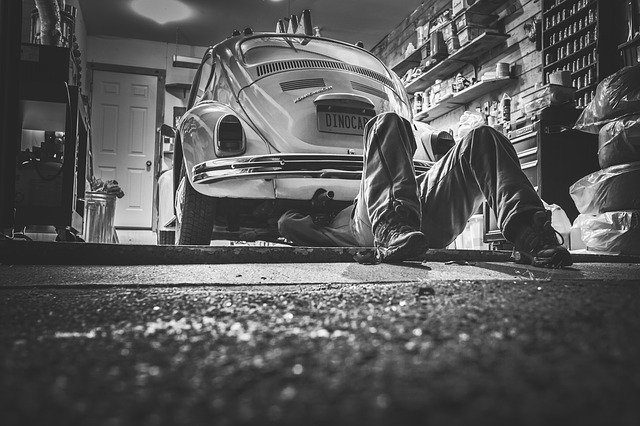The True Financial Aftermath of Getting into a Car Accident
There’s no one out there that actually wants to get into a car accident; actually, even at a young age, you’re most likely aware of how giant of a hassle it can be if you come out of this safe- if everyone comes out of this safely. While you may be trying to find ways to reduce the costs of driving, you have to keep in mind that no matter what you do, there’s always going to be a chance of an accident- even when you’re not at fault.
Consult with a licensed attorney regarding all legal issues.
Accidents can happen, and while you have control over your driving and your car, you can’t control the environment, and you can’t control others, either. So that’s why you need to be as cautious as you can and play it safe as you can. Getting into an accident can be detrimental, especially to your finances. But how exactly?
Subscribe to Accounting Accidentally on Substack. Get links to new content on accounting, personal finance, and humor/ short story topics.
Contents
There’s the Chance of Fixing or Replacing Your Car
The first hit to your wallet comes with the damage done to your vehicle. You need to keep in mind that those repair costs can vary wildly, from minor dings that are more annoying than costly to major repairs that can run into thousands of dollars. And if your car is totaled? That’s a whole new level of financial pain, especially if you were still paying it off. If you’re lucky, insurance might cover some or all of it, but there’s often a gap that you’ll need to fill yourself.
Your Insurance Goes Up
Did you know that states with the least number of car accidents usually have slightly lower insurance premiums? In fact, there’s even a new report on the safest places for drivers, and most of these states have lower premiums. While that’s good news, there’s still some bad news: if you get into a car accident, even in one of these states, you’ll still have to deal with higher premiums.
Unfortunately, insurance companies generally view drivers who’ve been in an accident as a higher risk (even if you’re not at fault, this can sometimes still happen), which usually means paying more for your insurance moving forward. This can last for several years, adding an ongoing cost to your budget.
Legal Entanglements
Sometimes, things get messy legally after an accident- it’s unfortunate, but it’s the reality. So, whether you’re considering suing someone for damages or you find yourself being sued, legal fees can be astronomically high. If you’re having to hire a lawyer and deal with a prolonged legal battle, it is not just stressful but can also be a significant financial burden.
Potential Medical Bills Piling Up
When you get into an accident, your car insurance company will usually expect you to see a medical professional. But as you might have guessed, that’s going to get really expensive, really fast. Even minor injuries can lead to a stack of medical bills, from the ambulance ride and emergency room visit to follow-up care and physical therapy.
If you’re insured, your out-of-pocket costs could include copays and deductibles, and these can quickly become overwhelming. So, for those without health insurance (or even just really bad health insurance), the situation can be even more dire.
There’s a Whole Bunch of Extras
Then there are the additional, often overlooked costs. So, you’ll need to think about things like renting a car while yours is in the shop or extra commuting costs if you have to switch to a different form of transportation temporarily, like needing to rent a car (some car insurances pay for this while some won’t bother). If your injuries require it, you might even need to pay for help around the house.
Work with a licensed insurance agent on insurance-related questions.
Ken Boyd
Author: Cost Accounting for Dummies, Accounting All-In-One for Dummies, The CPA Exam for Dummies and 1,001 Accounting Questions for Dummies
(amazon author page) amazon.com/author/kenboyd
(email) ken@stltest.net
(website and blog) https://www.accountingaccidentally.com/

